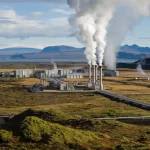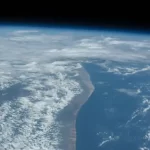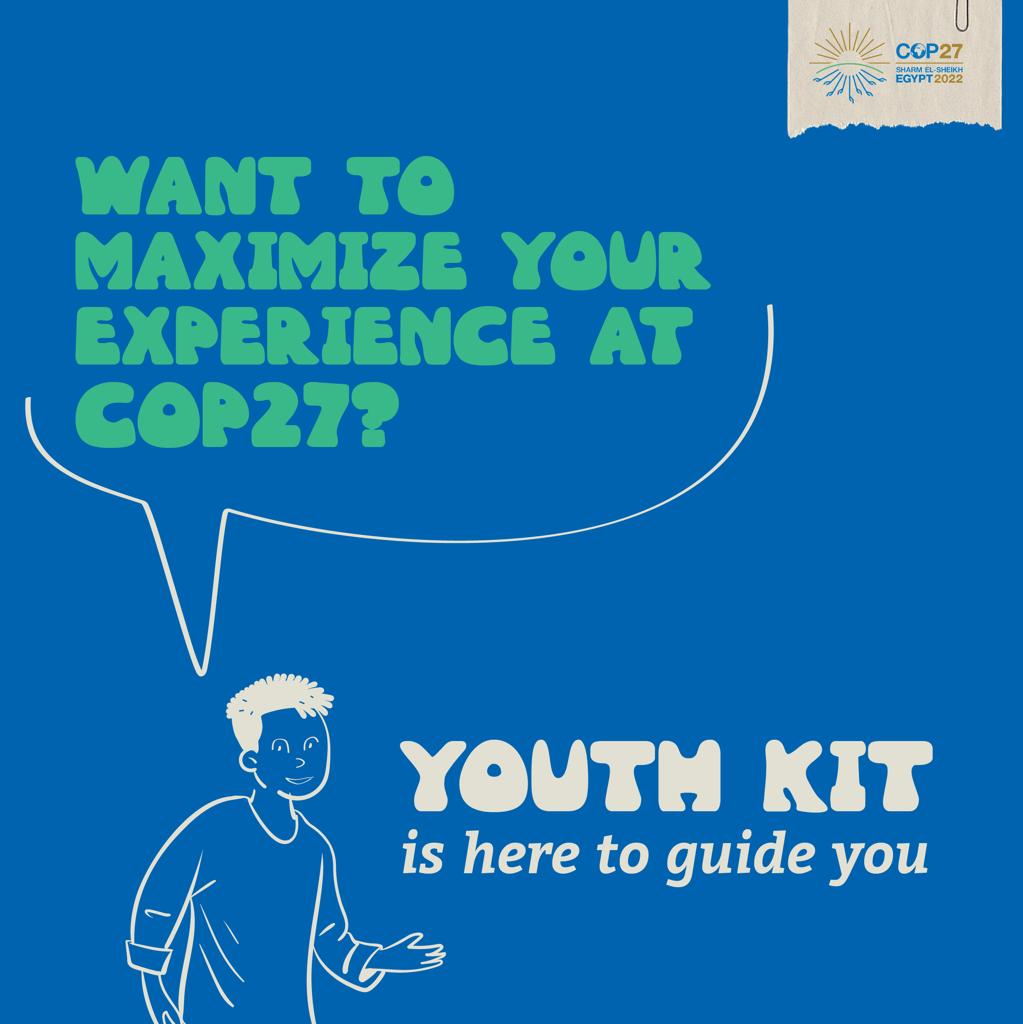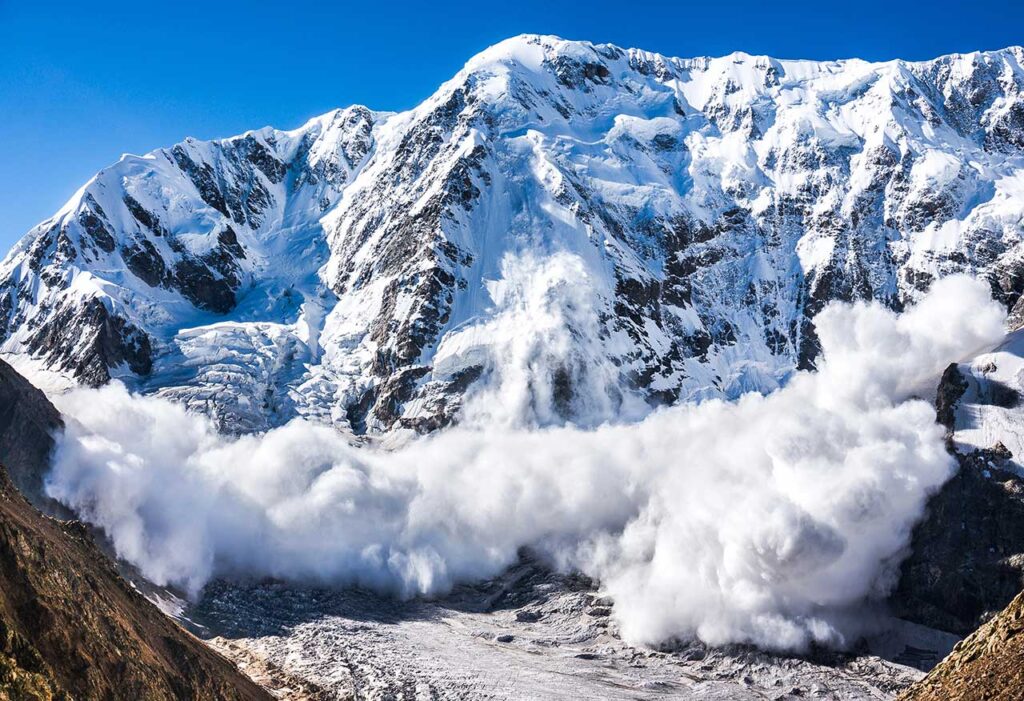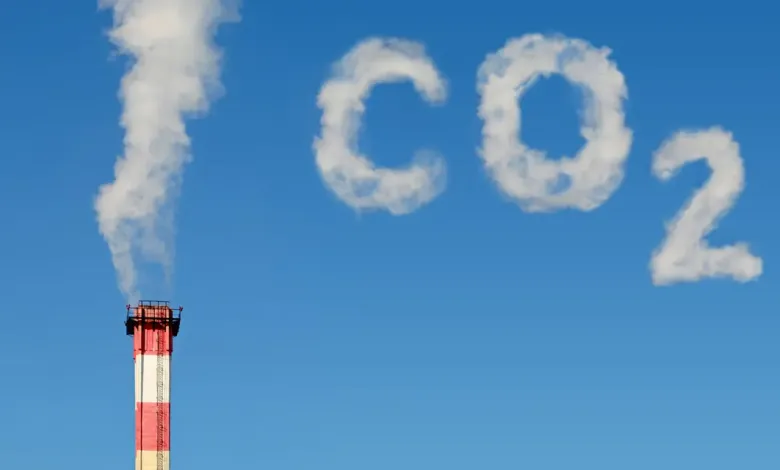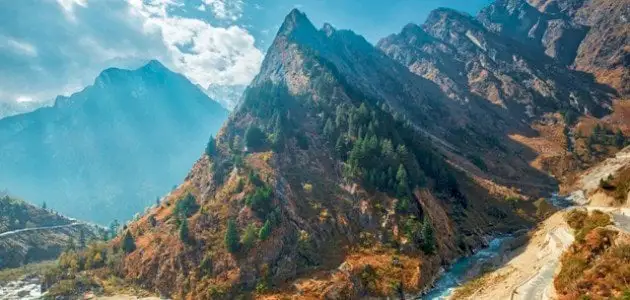One study gives an example of an alternative option, where the breakdown of one component might actually reduce the likelihood of another system being flipped.
In particular, the study suggests that the core of the West Antarctic ice sheet may stabilize an important ocean current system, called the AMOC, that distributes heat over the North Atlantic region.
The work by Sasha Sennett and colleagues, Institute for Marine and Atmospheric Research, Utrecht University the Netherlands, is published in Geophysical Research Letters.
global consequences
“This is a possibility that needs to be explored,” says Sasha Sennett, lead author of the study. We need a better understanding of the interaction between the West Antarctic currents and the Atlantic Ocean to build a full picture of the potential outcomes.”
The North Atlantic current system known as the Atlantic Meridian Overturning Circulation, for short, could overturn in the event of a sudden collapse of the Greenland ice sheet, because the existence of the AMOC depends on the formation of dense brine in surface areas around Greenland and Iceland.
Sudden large amounts of fresh meltwater from the Greenland ice sheet dilute the seawater. Eventually, a tipping point can be reached and the AMOC slows or may stop.
A sudden change in the AMOC would have dire consequences for the global climate system, this system of ocean currents that distributes heat to the northern hemisphere.
Without the AMOC, the climate in the North Atlantic region would cool abruptly. Precipitation patterns and wind regimes would be widely affected. In a cascading fashion, this shift could be a catalyst for the breakdown of other important climate components.
Avoid cascade
Sacha Seni and colleagues describe that a cascade-inversion scenario could be avoided if the West Antarctic ice sheets were committed to a sudden melt.
In a conceptual model of the interaction of three climate subsystems (AMOC, Greenland ice sheet, and West Antarctic ice sheet), timely collapse of WAIS could sustain AMOC against instability caused by Greenland ice sheet melting and global warming, There, instead of being a set of dominoes flipping each other, the fall of one can hinder the fall of the other.
As Sennett says, “I am still very worried about the succession. At our level of understanding, many outcomes are still possible. Remember also, however, that losing such climatic components is a disaster. We still lose Greenland and West Antarctica and commit to a drastic sea-level rise. There will be catastrophic consequences for our societies and systems. environmental.”
“Whatever the final outcome, it is still a tragic event,” he added. “Firstly, we must do everything we can to prevent any of it from happening.”


